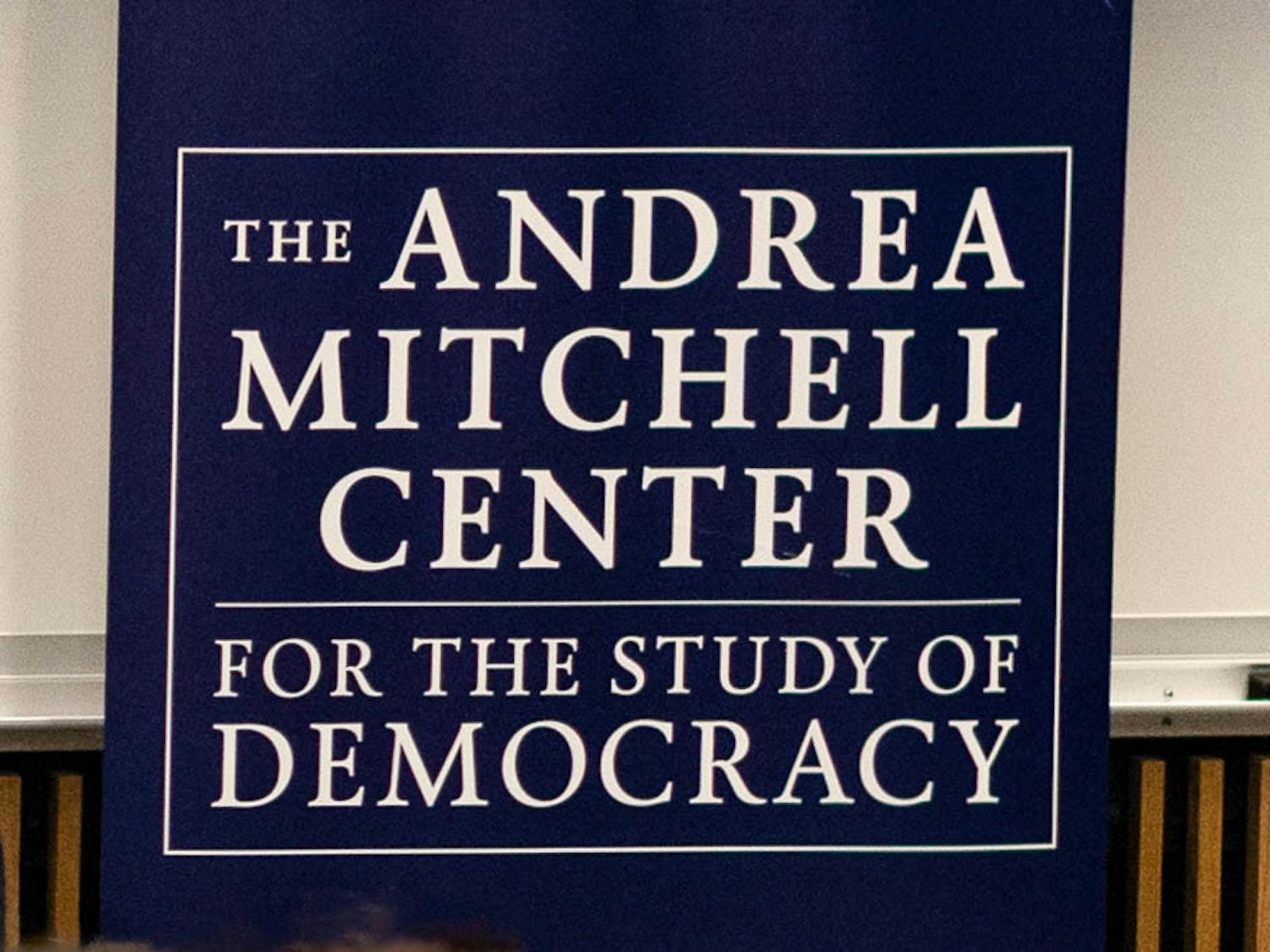The Wharton School faculty unanimously decided yesterday to require foreign language proficiency for the Class of 1995 as part of a massive restructuring of the school's curriculum. The requirement, which mandates the successful completion of four semesters of foreign language study or its equivalent, is the same as the one required of College students. Through the curriculum revisions, the school is working to bring a greater international dimension to undergraduate study. The revised program will be in place for next fall's entering class and will not affect current students. Officials say the new curriculum's increased flexibility and language proficiency will enable more students to study abroad. Few Wharton students currently study in another country because of rigid requirements. The new curriculum will be divided into three areas: the Societal, Organizational and Global environments of business. The restructuring will allow Wharton undergraduates to broaden their studies and take advantage of other University schools. Although a proposal for a language or culture requirement was approved in principle last spring, the exact requirement for the incoming freshman class was not finalized until yesterday. "Last spring there were no details in the proposal," said Edward Bowman, deputy Wharton dean for academic affairs. "This meeting laid out exactly what the requirement would mean for Wharton undergraduates." Romance Language Department Chairperson Lance Donaldson-Evans said last night that he does not know how the new requirement will affect his department. "We'll need some additional personnel to take care of the additional students," he said yesterday, adding that he does not know who will pay for these instructors' salaries. He said he expects most students would probably be interested in European and Asian languages and Russian. The additional language instructors' salaries may be paid for through tuition credits which fund courses taken outside students' home schools, Wharton Vice Dean Janice Bellace said. "When students go out of their home school, their credits follow them," she said. Officials said they expect the new requirement will inspire special sections of upper-level language classes, focusing on issues related to business. "We would want to modify some sections to include material which would be of interest to Wharton students," Donaldson-Evans said. "It's not impossible that there would be special tracks for people with interests in business." Bellace said that she thought that redesigned sections would "make the language more useful to our students and not be just some dry exercise." She said she thinks that some classes might use foreign business periodicals instead of novels in order to add relevance to business studies. This restructuring would ensure that "the essential content would still be there," Bellace said. Wharton officials said yesterday's meeting answered the questions that many faculty members had about the proposal. They said professors were concerned about how the language requirement would affect their areas, the school's reputation, and recruitment. Bellace said the move will help the school remain one of the top undergraduate business programs in the nation. "I believe that very few business schools have a language requirement," Bellace said. "In this sense it puts us on the cutting edge of management education for the next century." The school unveiled the curriculum changes now to help the admissions office sell the school to prospective freshmen, officials said. "It's an admissions recruiting issue that the admissions people will need when they go out on the road," said Anita Kravitz, director of the Wharton undergraduate division. Members of Wharton's freshman class entering next fall will be required to prove proficiency in the language of their choice, or take language classes at the University to achieve fourth-semester proficiency. Entering Wharton students will be able to place out of the requirement if they receive a score of four on the Advanced Placement test or a 650 on the College Achievement Tests. Lower scores will be used for placement into appropriate levels.
The Daily Pennsylvanian is an independent, student-run newspaper. Please consider making a donation to support the coverage that shapes the University. Your generosity ensures a future of strong journalism at Penn.
Donate







